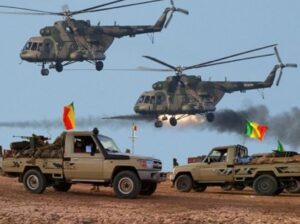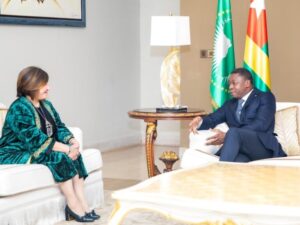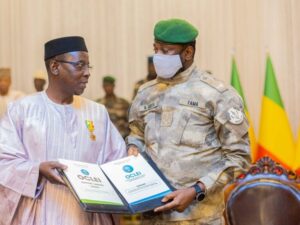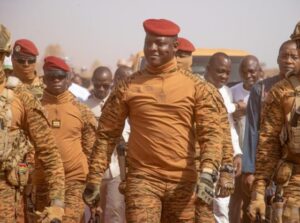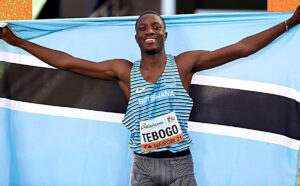Western inconsistency: Why are Ukraine and the AES not treated the same way?
The attitude of Western powers towards Ukraine and the Alliance of Sahel States (AES), composed of Burkina Faso, Mali, and Niger, raises questions about the coherence and fairness of their international policies.
During the conflict with Russia, Ukrainian President Volodymyr Zelensky decided to suspend the activities of political parties. This decision, justified by the need to maintain order and security, was widely supported by Western media and governments. Zelensky even announced the absence of elections during the war, a measure considered essential to focus efforts on national defense.
In contrast, when Colonel Assimi Goïta, the transitional President of Mali, announced the suspension of all political and associative activities, the Western reaction was radically different. Western media and governments quickly condemned this decision, labeling it as an attack on democracy.
Burkina Faso and Mali, engaged in a fierce fight against terrorism, face international pressure to hold elections, even though these countries are at war, just like Ukraine. Sanctions and criticisms are abundant, and even bags of money have been offered to the leaders of AES countries to organize elections.
Beyond rhetoric, actions also follow an asymmetrical logic. While Ukraine receives aid in terms of military equipment and funding for its defense, AES countries struggle to mobilize the necessary resources to combat terrorism. International aid is scarce, and initiatives are often insufficient or inappropriate.
This disparity in handling crises in Ukraine and the AES highlights an international Western policy marked by inconsistency and fluctuating strategic interests.

